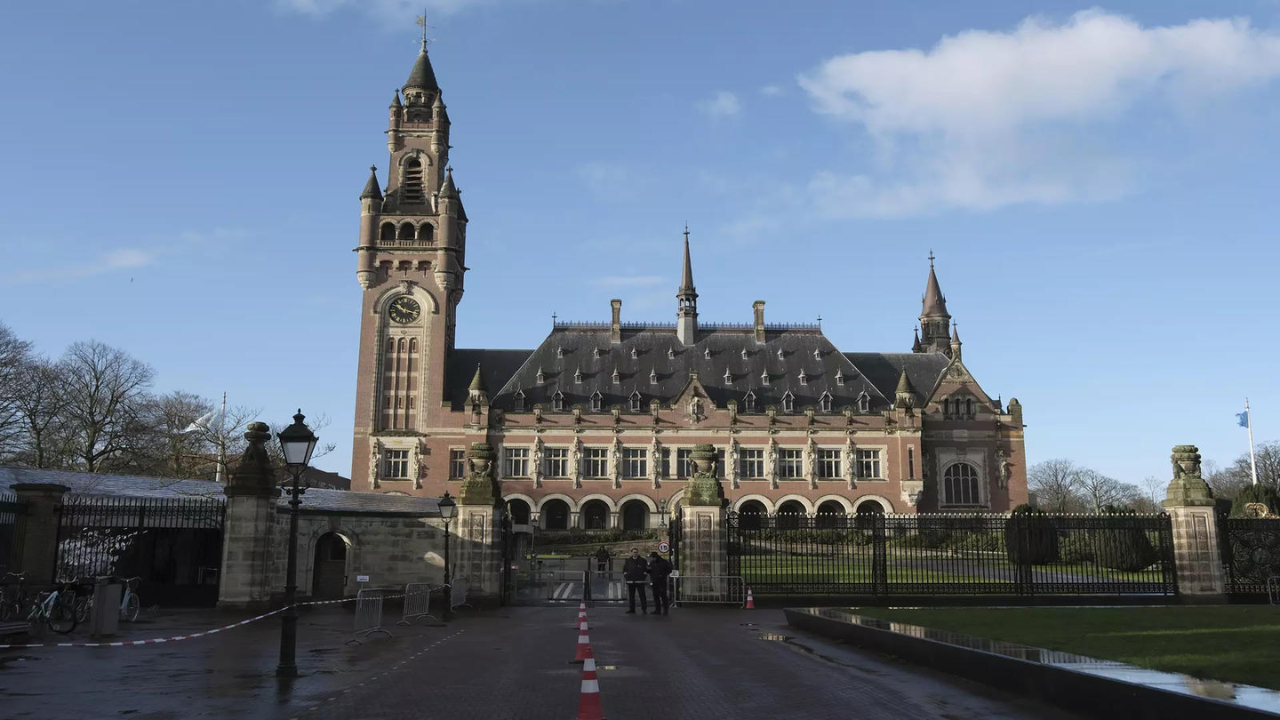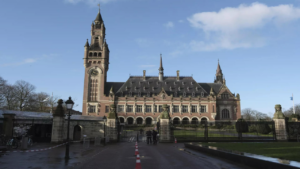The International Court of Justice (ICJ), headquartered in The Hague, is poised to release a pivotal advisory opinion on the legal ramifications of Israeli occupation of Palestinian territories. Requested by the UN General Assembly, the court’s examination began early last year, focusing on Israel’s policies towards Palestinians and the legal status of the ongoing occupation, which has lasted 57 years.
This forthcoming opinion will not be legally binding but is expected to carry significant political weight. The ICJ’s advisory opinion could mark a historical moment, potentially being the first time the court explicitly addresses whether Israel’s occupation is illegal. The occupation began in 1967 during the Six-Day War, with Israel taking control of the West Bank, East Jerusalem, and the Gaza Strip. Although Israel withdrew from Gaza in 2005, it still maintains control over its airspace, border, and shoreline, with the UN continuing to view Gaza as occupied territory.
International law sets out strict rules for occupations, aimed at protecting the civilian population. Before the hearings began in February, Israel declared it did not recognize the legitimacy of the ICJ’s review, criticizing it as an attempt by the State of Palestine to unilaterally resolve the Israel-Palestinian conflict. Instead of participating in oral hearings, Israel submitted a written statement. Meanwhile, 52 countries contributed their views, with many asserting the occupation’s illegality and urging the ICJ to declare it as such.
The United States, Israel’s key ally, has urged the court to carefully consider its advice, stressing that any recommendation should balance Israel’s security needs with the call for withdrawal. The Palestinian Authority has condemned the occupation, describing it as a form of “colonialism and apartheid,” and accused Israel of attempting to erase Palestine and destroy the Palestinian people.
Philippe Sands, an international lawyer on the Palestinian legal team, emphasized the case’s significance, likening it to a crucial juncture for legal and political outcomes. Should the ICJ declare the occupation illegal, its advisory opinion will be forwarded to the UN General Assembly, which could lead to a resolution with potential implications for future negotiations and legal standards.
Such a ruling could have extensive repercussions, potentially influencing international trade and challenging Israel’s justification for its presence in the West Bank and East Jerusalem. Israel’s claim over Jerusalem as its undivided capital is largely unrecognized by the international community, and its settlement expansion in the West Bank and East Jerusalem—housing around 700,000 Jews—is deemed illegal under international law, though Israel disputes this.
This ICJ case is distinct from another ongoing case brought by South Africa, which accuses Israeli occupation of genocide against Palestinians in the Gaza conflict.













